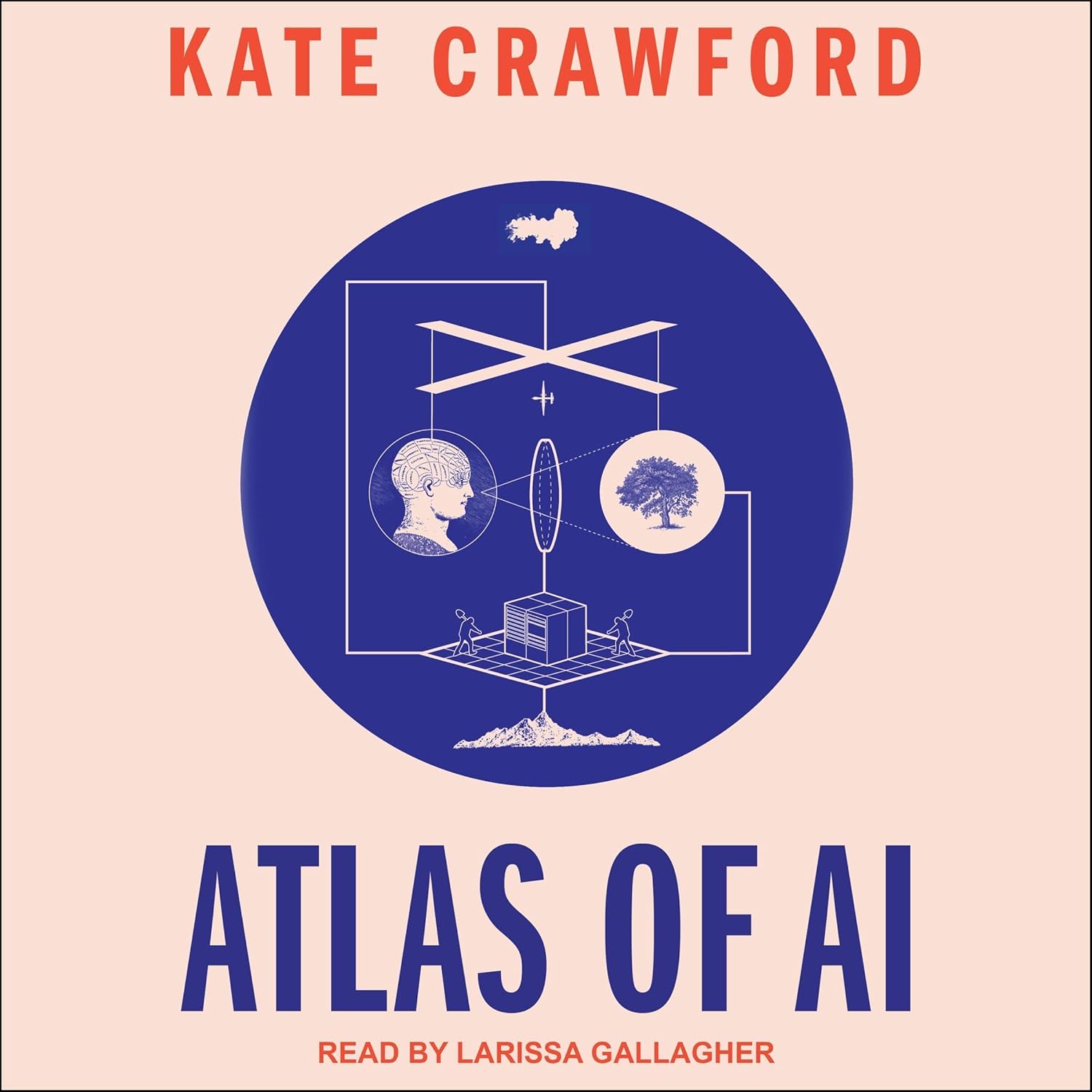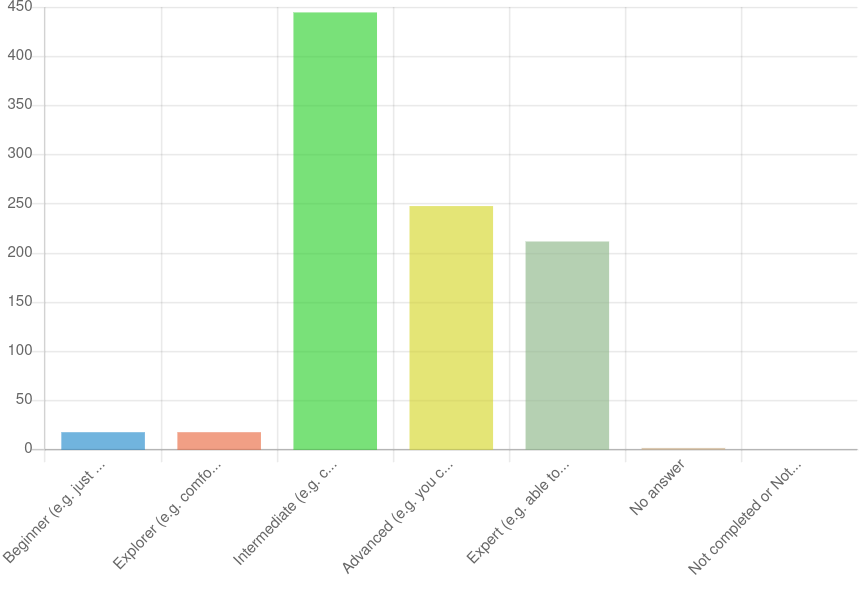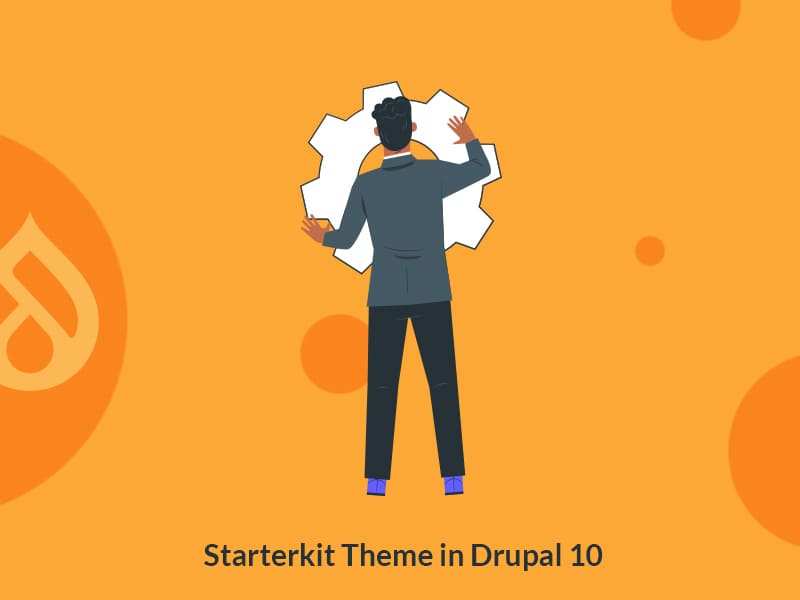Author: Thom Holwerda
Source
Sponsored:
Atlas of AI: Power, Politics, and the Planetary Costs of Artificial Intelligence - Audiobook

Uncover the true cost of artificial intelligence.
Listen now, and see the system behind the screens before the future listens to you. = > Atlas of AI $0.00 with trial. Read by Larissa Gallagher
Anyone who has spent any time recently using non-GNOME GTK desktop environments, like Cinnamon, MATE, or Xfce, has had to deal with the unfortunate reality of a lot of GTK applications becoming GNOME applications instead, using GNOME’s own libadwaita. These applications are hard to theme, and do not integrate at all with the proper GTK applications non-GNOME desktop environments ship with. With how popular GNOME is, this has meant that the number of non-GNOME GTK applications has been dwindling. Linux Mint, the popular Linux distribution that also develops the Cinnamon desktop environment, has long made a bundle of GTK applications called XApps – basically forks of various core GNOME 3.x applications to ensure they would have access to non-GNOME GTK applications. With GNOME effectively forking GTK into its own, unique, GNOME-specific style (like libaidwaita), other GTK environments have suffered, and XApps were intended to close that gap. That hasn’t really happened though, as XApps remained mostly a Mint-only thing, managed by Mint, as part of the Mint/Cinnamon GitHub projects. Other distributions and GTK desktop environments, such as Xfce, MATE, Budgie, and so on, didn’t really pick them up. The Linux Mint project intends to change that, and will ‘spin off’ the XApps into its own, dedicated, independent project to facilitate cross-distribution and cross-DE collaboration, decision-making and development, all in an effort to ensure the long-term viability of non-GNOME GTK desktop environments. They also intend to fork a lot more of the GNOME 3 applications, for the same reason I mentioned earlier: GNOME applications are no longer GTK applications, but GNOME applications – they look and feel horribly out of place in environments that don’t use the GNOME-specific libadwaita. As such, Celluloid, GNOME Calculator, Simple Scan, Baobab, System Monitor, GNOME Calendar, File Roller, and Zenity were recently downgraded in Linux Mint to their last GTK 3 versions, and will most likely be forked in the near future. In addition, the Adwaita theme, the default GNOME/GTK theme, will be removed from the list of available themes in Cinnamon 6.2. Adwaita, too, has become increasingly GNOME-only, and thus, increasingly broken on non-GNOME desktop environments. Flat-our removing Adwaita altogether is not possible, since it’s a GTK dependency, but hiding it from the theme selector is not an issue, of course. As project lead Clément Lefèbvre writes: libAdwaita is for GNOME and GNOME only. We can’t blame GNOME for this, they’ve been very clear about it from the start. It was made specifically for GNOME to have more freedom and build its own ecosystem without impacting GTK. We want to send a strong signal upstream and towards other projects. We cannot and will not support applications which do not support our users and environments. We can’t promote applications to our users which don’t support our users. The software manager will be vigilant towards that going forward and list compatible software by default. ↫ Clément Lefèbvre All of this is great news to hear. I’ve been making extensive use of Xfce on OpenBSD lately, and on the Fedora Xfce spin in the weeks before that, and the situation has become almost comical. If you install any GNOME application on Xfce, theming just breaks down completely, as most themes are either not made to support the massive headerbars GNOME uses, or they do support it but still look horribly out of place compared to the more sane titlebar plus menubar plus toolbar layout of traditional desktop environments like Xfce. I’ve long been saying that the non-GNOME GTK desktop environments need to work together to formulate an answer to the onslaught of libadwaita and the GNOME-ification of GTK, because each of them risks becoming entirely tied to whatever GNOME and libadwaita decides to do, for better or worse. It seems the Linux Mint team has finally realised this as well, and I really hope – and strongly suggest – Xfce, MATE, and others join them as well. If they don’t, there won’t be an Xfce in a few years. What’s the point in developing Xfce if you’re at the mercy of whatever choices GNOME makes?





